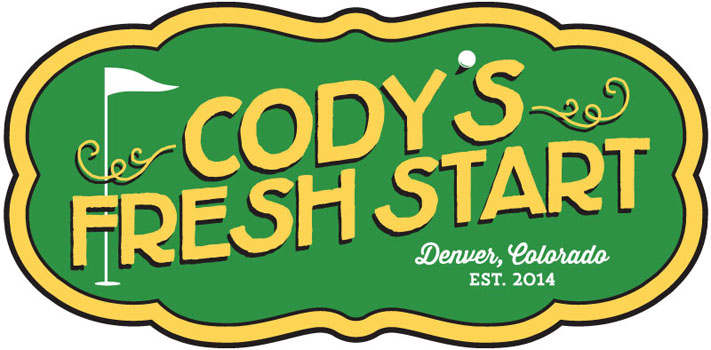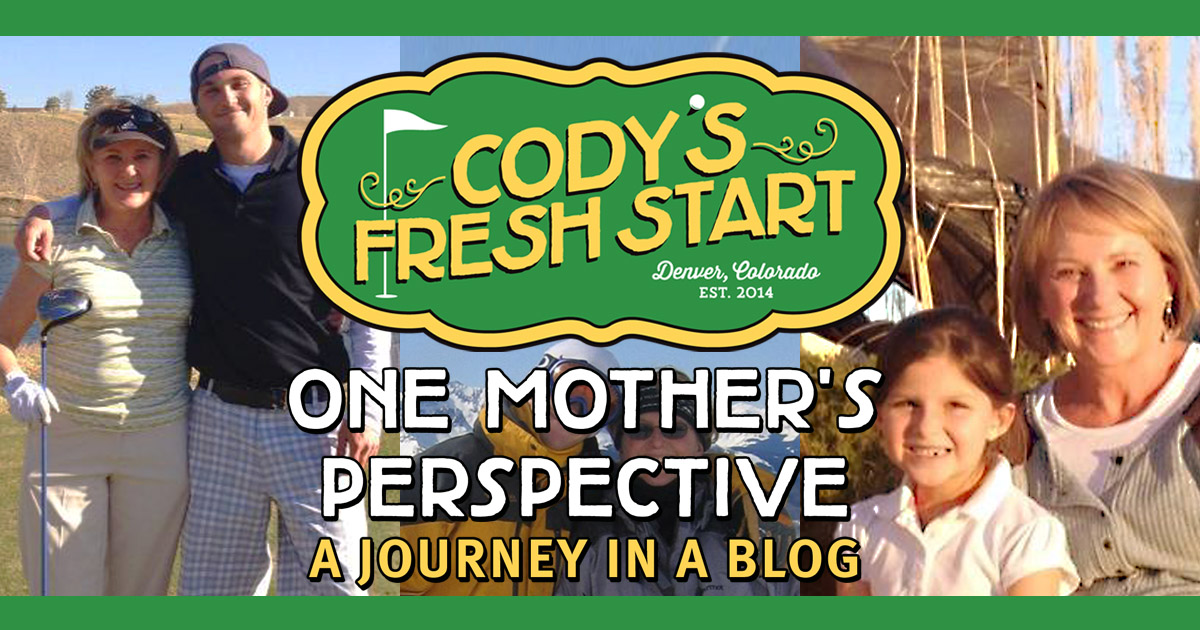By Mary Cucarola – 3/8/19
“Shame should be reserved for the things we choose to do, not the circumstances that life puts on us.” ~Ann Patchett
I drive into the empty driveway in the morning on a cool fall day in October. The two-story yellow house looks familiar, yet foreign. The yard is overgrown with a few weeds rising above the grass and leaves are everywhere. I know he isn’t going to be inside, not now, not ever. I hesitate as I get out of my car. I am on the lookout for the neighbors. I wonder if they know he passed away three weeks ago. I assume they’ve seen the ambulance at the house before and know he uses drugs. I don’t want to see the look of judgment on their faces or experience my personal level of shame today.
I run to the front door, without looking up, insert the house key and go in quickly.
The house is not empty, but it feels that way. It is full of his furniture and smells like him. I close the door behind me and head to the kitchen. It’s tidy and cleaned up, with only a handwritten letter sprawled on the counter. Not his handwriting, so I don’t look at it. I don’t want to know who it’s from or what it’s about, but I assume it’s from his girlfriend. I make an effort to remember the last time I saw him here, remembering the excitement of him moving in, and the hope he had for another fresh start in his life.
Guilt ravages my heart as I play again and again in my mind our last conversation. I look in the refrigerator and see some fresh produce and a couple cans of beer – tall boys. I cringe at the beer and wonder what else I will find.
I see his leather belt hanging around a door knob next to the bathroom. I picture him using his belt for something other than around his waist, and quickly put that thought out of my mind. I can’t fathom him using drugs in that way – it hurts too much. I see his unzipped black duffle bag in the family room next to the sectional. It is still full of his clothes from our weekend trip to the western slope for a wedding. He was sick and in withdrawal most of the time.
It’s the last time I saw him.
I go to his small oak desk, the one we bought him when he started high school, and open the drawers, assuming I will find some kind of paraphernalia, but I don’t. All I see is his business paperwork, some handwritten by him, some computer generated. I look at his handwriting – small and neat. He always hated his handwriting, but I love it. It looks artistic in a quirky way, always printed, never in cursive, but so recognizable. I touch it, trying to feel him. I want to believe he still exists somewhere.
I walk up the stairs to his bedroom and the bed is unmade. His clothes are neatly hanging in his closet, with t-shirts hanging together, his collection of long-sleeved Polo shirts together, and some of his jeans on hangers. I see his hats stacked on the shelf above. I notice a long-sleeved shirt on the bed. I smell it and wrap it around my waist. I spot a piece of paper on his nightstand. It’s a list of ten goals in his handwriting, starting with staying sober. I cry and lay on his bed. I am thinking of all that could have been and never can be again. I rage inside about the injustice of it all – his addiction, his death.
I am angry that other’s lives are intact, but mine is not and never will be.
I hear the front door open. It’s his father, bringing me produce boxes to start packing up his stuff. He walks in slowly. With tears in our eyes, we recognize the heartbreak we are experiencing together. Grieving with him is like a mirror, showing us who we are and where we are. He remarks that the yard needs work, and he will send out someone to mow it. He can’t stay any longer, as his emotions are too raw to deal with packing up Cody’s house. I understand, telling him to come back later.
I go back up to his bedroom. I look at the other closet on the opposite side. I see his girlfriend’s clothes hanging up and on the floor of the closet. I wonder how she is doing, three weeks after his death, back in rehab in Arizona. She came to his funeral, along with her sweet parents, and she seemed overwhelmed with it all, as we all are. I say a prayer for her and her parents, hoping she makes it out alive from this horrible disease. I remember her car is still here and go down to check to see if it is in the garage. It is here, and then the doorbell rings. I freeze and want to run and hide, but my car is in the driveway.
I feel trapped, like a bird that’s been caught in the house and is flapping his wings frantically, hoping to escape to freedom outside.
I answer the door. It’s the neighbor – a friendly middle-aged man, who lives next door with his family. He asks me about Cody. I tell him what happened in a shaky voice. He says he liked Cody, but knew he was into drugs and says he is sorry. I feel ashamed. A familiar feeling. I know shame intimately. Shame is my hidden lover and hurts me over and over again, until I am strong enough to let it go.
I stop to gather my strength and in that moment, I decide to leave. I am not strong enough today, but tomorrow is another day.
Mary Cucarola – 3/8/19


Comments 1
I remember that house. I went there once with him. I don’t remember why we were in town. Beautifully written. Heartbreaking for me to read.